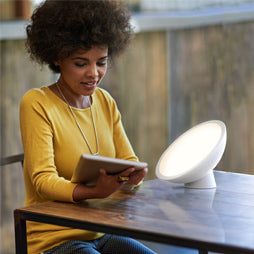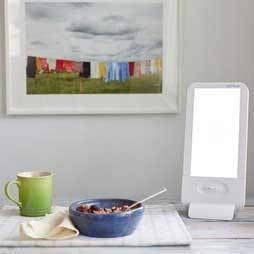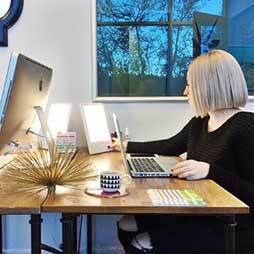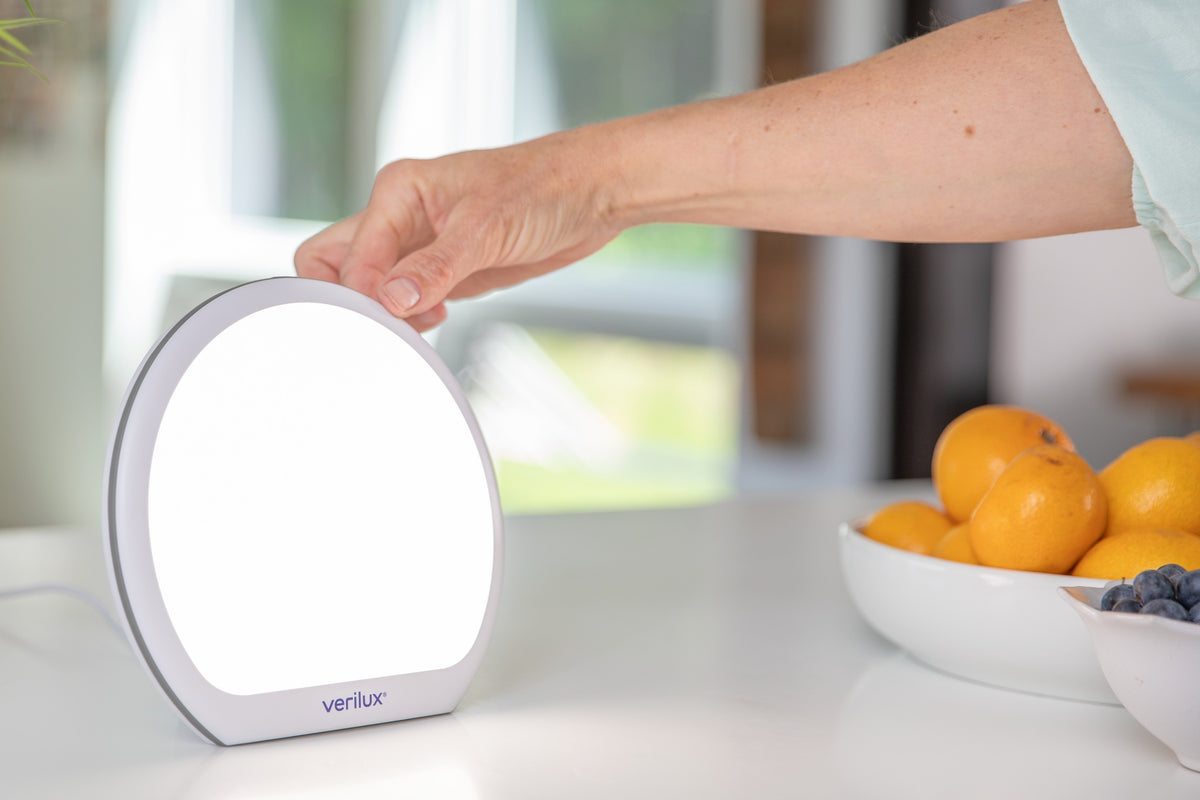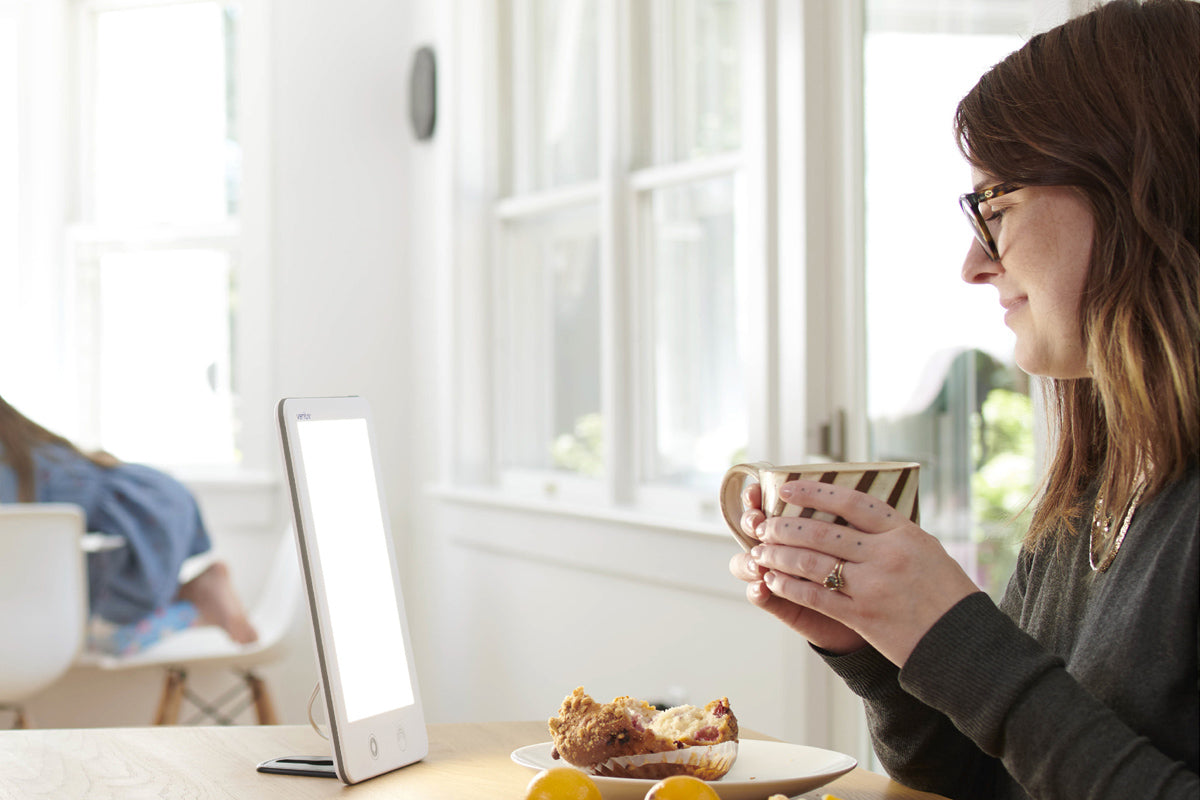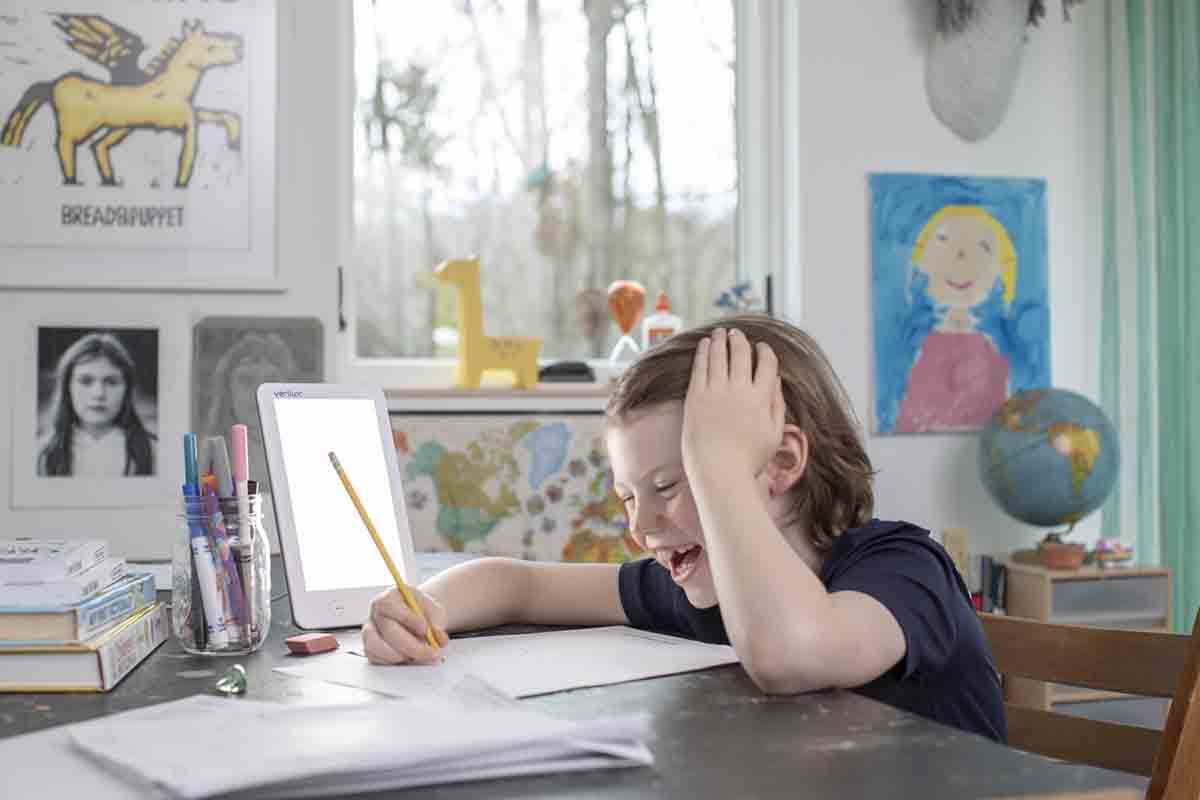Light is essential - we need it to live, and yet, many of us don’t get the amount of daylight we need to function well.
Light deprivation typically happens when a person is completely deprived of any daylight. However, while many in modern society do experience decreased exposure to daylight, total deprivation is pretty rare - we call this relative daylight deprivation.
Here Are Some Interesting Facts About Our Light Exposure Habits:

- In industrialized societies, workers spend approximately 88% of their time inside.
- Time spent outdoors in the U.S., Canada, and Great Britain is limited to 1-3 hours/day on average.
- Nearly 75% of the global population is exposed to light in the evening hours.
- Populations living in developed countries experience a light exposure at intensity levels over twice as high between sunset and sleep compared to natural light exposure.
- 90% of Americans use some type of electronic devices within 1 hour of sleep - even low levels of light can reduce melatonin synthesis and affect alertness the next morning.
- There is a positive correlation between usage of light in the evening hours and obesity.
What Happens When We Are Deprived of the Light We Need?
Neuroscientists at the University of Pennsylvania conducted a 6 week study in which they kept rats in the dark for 6 weeks. During this period, they not only observed mood behaviors but brain damage in areas that are under-active in humans during mood swings. The neurons responsible for producing norepinephrine, dopamine, and serotonin were dying.
Another study published in Scientific Reports examined light deprivation in two research stations in Antarctica. These environments were unique in that they provided a winter and summer season with absolute darkness and absolute light, respectively. The researchers found that low light exposure during the day sensitizes the body for light exposure at night (evidenced by melatonin suppression). Bright light at inappropriate times (as experienced by the subjects in the Antarctica experiment) resulted in shorter sleep cycles.
What’s that mean?
Getting the right amount of natural light is just as important as getting it at the right time. If we don’t get light during the day (because we are spending our time indoors), and get it in the evening (e.g. from bright artificial light or electronic devices), we are cause an unhealthy shift in our circadian rhythm and negatively affect our sleep patterns.
That can happen for a variety of reasons - spending a lot of time indoors, working variable hours (such as shift workers, airline staff, etc.), or winter in a location that has reduced daylight hours during that period of the year.

Don’t Worry - There Are Some Easy Ways to Make Sure You Are Getting Enough Light!
Exercise Outside
Exercising outside is an easy way to get that sunlight. If the weather is cooperating with you, try going for a bike ride or join a group class in the park. If the weather is a bit more... wintery (nice way of saying snowy), winter sports are a great choice!
Sit near a window when possible
Even if it's just for a short time, sitting next to the window is an easy way to get that light!
Commute by bike or walking
If you live in an area that allows you to commute without using your car, give it a try! A few times a week, try cycling (hello city bike!), scooter (you know you have been wanting to try one), or walking. You end up getting in a little exercise (unless you choose the electric scooter, but we won't judge, they are fun!) and some natural light!
Eat lunch outside
Is it just us, or does this time of year come with, "of course, if the weather is cooperating..."? But really, having your lunch outside (or next to the window in a cafe) is definitely a great option!
Use a HappyLight
If your schedule doesn't allow enough time outside, a HappyLight® Therapy Lamp gives you that bright light that you need!



